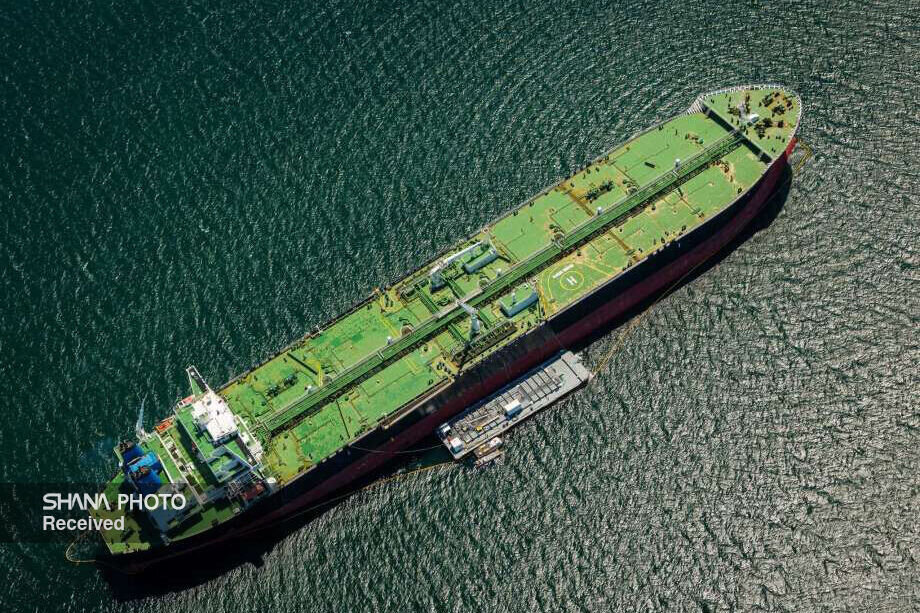In an interview with Shana, Mohammad Ali Khatibi said that the Iranian nuclear negotiating team should make the most of experiences of the Joint Comprehensive Plan of Action (JCPOA) and receive the necessary guarantees from the other side in its negotiations, adding: “The lifting of sanctions related to oil exports, including shipping, insurance, tolls and banking, should be lifted globally, because the non-lifting of one of the pieces of the crude oil export chain will cause a crisis in the Islamic Republic of Iran in practice.”
Referring to signing of the JCPOA under the 11th administration and the lifting of sanctions on Iran, he said: "Unfortunately, despite the lifting of sanctions under the previous administration, not a single reputable international bank was willing to cooperate with Iran in crude oil exports and we had to deal with very small and risky banks."
The former director of international affairs of the National Iranian Oil Company stated: “Iran will be able to increase oil exports by about 1.5 million barrels by lifting sanctions, but still this figure cannot reduce the market turmoil.”
Khatibi pointed to the desire of Asian companies to buy Iranian crude oil despite the sanctions, and said: "Regardless of the outcome of the JCPOA talks, given the high demand for oil in the market, it seems that the trend of selling Iranian oil continues to increase. Currently, all producers are producing at their maximum capacity and only Iran has excess capacity.”
"The global demand for oil is expected to increase by 3 to 3.5 million barrels per day this year," he said. "The market is counting on Iran's production capacity. I believe that in the past six months, the President, the Minister of Petroleum, the Director of International Affairs of the National Iranian Oil Company, and the Deputy Minister of Petroleum for International Affairs and Trade have performed positively in the field of oil sales.”
Russia-Ukraine Conflict
"Russia is currently exporting a total of 8 million barrels of crude oil and petroleum products per day, unfortunately, there is no replacement for this high export figure," said the former Iranian representative to the OPEC Board of Governors. “It also supplies 40 percent of Europe's daily gas consumption.”
"Western countries are fully aware of the importance of Russia's oil and gas exports, so they have so far excluded the energy sector from sanctions against Moscow," Khatibi said. “Our experience of the sanctions and sale of oil shows that even though western countries might have apparently exempted Russian oil and gas from the embargoes, behind the scenes, mischief begins, such as psychological pressure on shipping companies, insurance companies and banks regarding cooperation with Russia, so the behavior of Western countries has always been deceptive.”
He said: "Western countries, if in practice block Russia's oil and gas exports, will inevitably have to face a strong reaction from Russia, in which case the oil and gas markets will be seriously affected, so given the behavior of Western countries and Russia's reaction, we must see more developments in this area in the future.”
The former director of international affairs of the National Iranian Oil Company proposed two scenarios regarding the impact of the developments and the conflicts between Russia and Ukraine on the world oil and gas market, and said: “The global markets will continue with the current trend with some fluctuations in the first scenario in which western countries honor their words regarding exemption of Russia’s oil and gas in the sanctions, but in the second scenario, if the Western countries do not adhere to their promises, the global oil markets will face serious problems.”
Khatibi added: "According to today's world standards, the oil and gas reserves of Europe and the United States are only enough for 90 days, and in the event of a crisis, these countries will not be able to withstand market fluctuations in the long run."


Your Comment